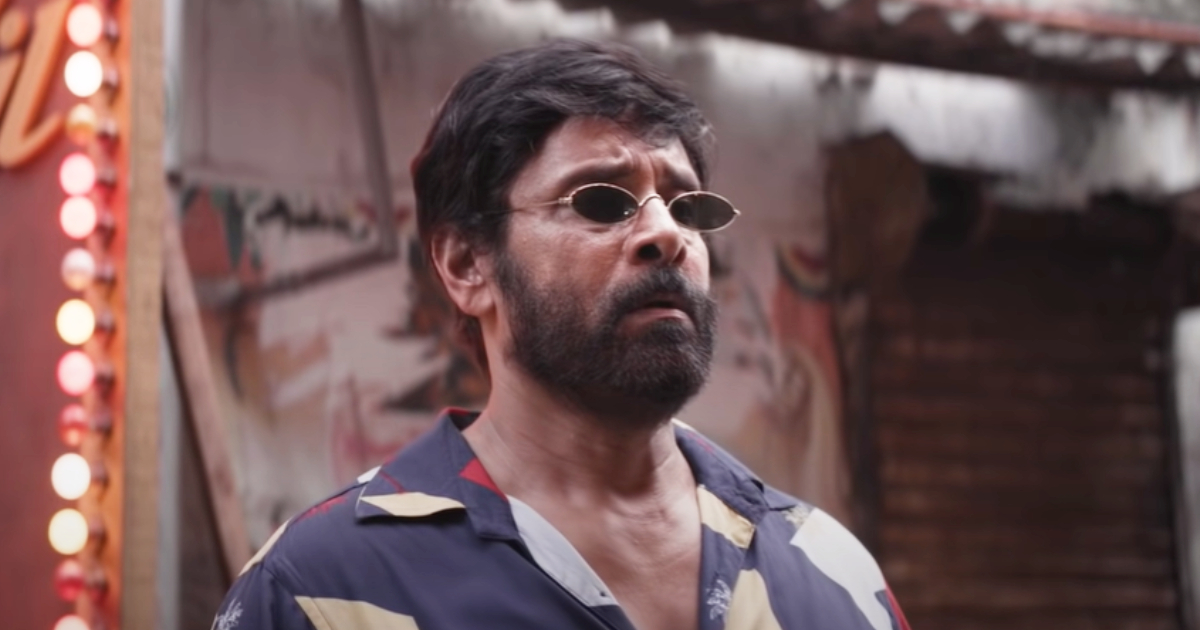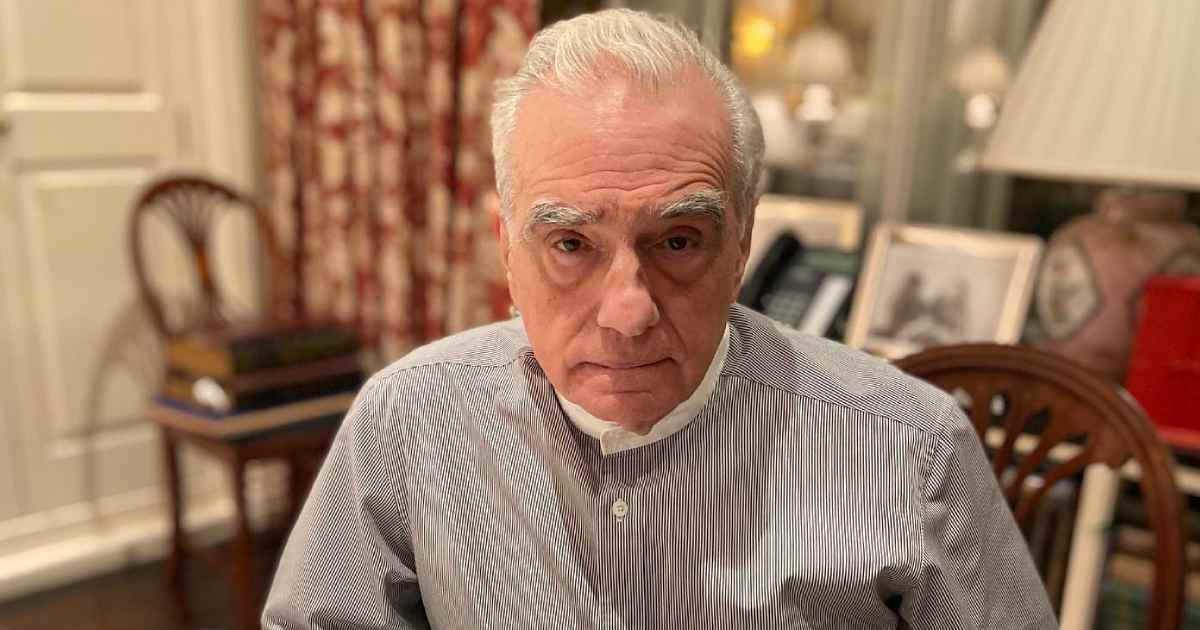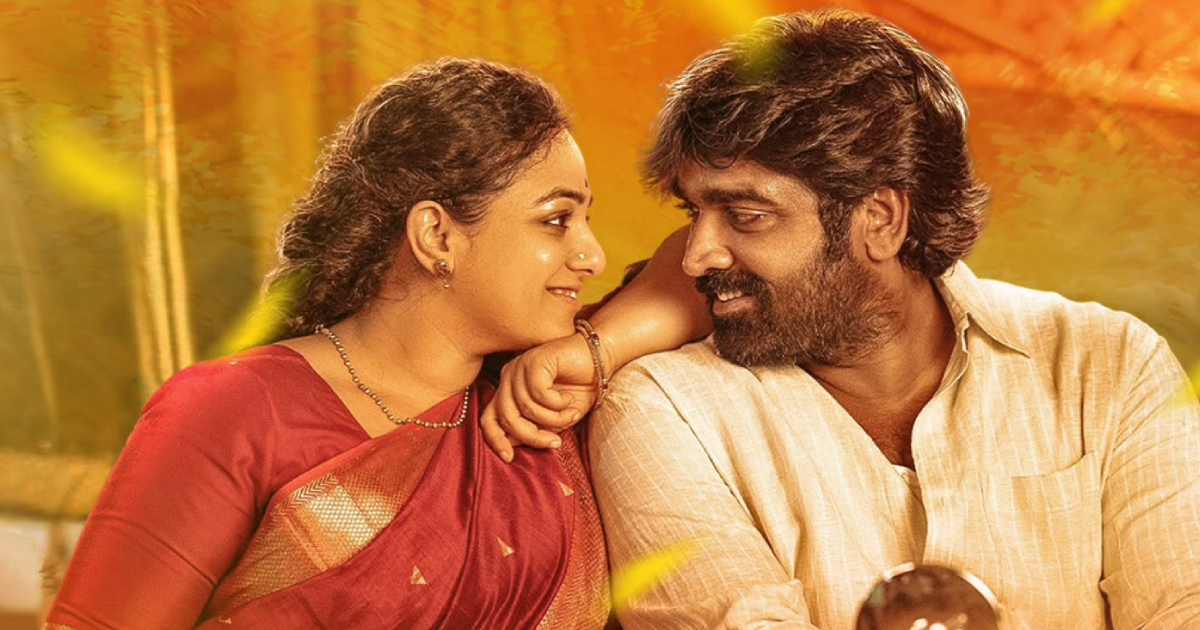
Tamil actor Vikram is one of those performers who, despite putting immense effort into his films, often struggles to keep them running in theatres for long. Generally, almost all of his films receive praise for his performance, even if the overall film falls short or receives negative feedback. But did you know that a film of his, released in 2022, skipped theatres entirely and went straight to an OTT release on Prime Video? It holds one of the highest IMDb ratings for a Vikram starrer in over a decade and was directed by Karthik Subbaraj.
The film, titled “Mahaan”, is at its core a father–son conflict drama that delves deep into a man’s psyche and emotional turmoil. It explores the clash between one’s circumstances and one’s true self, showing how similar upbringings can shape two people into completely different personalities. It also examines the burden of legacy, the struggle to live up to societal expectations built on the achievements of one’s ancestors, while staying true to oneself. That said, the film wraps this introspection in a mass-action drama shell designed to draw audiences in. So, let’s explore whether it’s worth your time.
Plot of Mahaan
The film begins by introducing us to Gandhi Mahaan as a child, along with the expectations placed on him because of his lineage. As an adult, Gandhi Mahaan is brilliantly portrayed by Vikram. As society expected, he became a commerce teacher and married a wife who was ideologically committed to Gandhian principles.
Trending
One day, on his birthday, he meets a beggar who enlightens him about the unfulfilled aspects of his life. When his wife and child leave home for a day, he seizes the opportunity to explore the life he could never live while they were around. This decision leads to the breakdown of his family, as his wife leaves him and takes their child with her.
View this post on Instagram
Driven by his newfound freedom and desires, and seeking a way to cope with the grief of being abandoned by his family, he turns to gambling and alcohol. Over time, he builds a cartel for alcohol manufacturing and distribution in the state, rising to the top of this organized ring alongside his friends. However, as the saying goes, nothing lasts forever. A powerful enemy, someone tied to his past and legacy, returns to haunt him.
Cast performance of Mahaan
Vikram’s portrayal of Gandhi Mahaan begins with him as a man dealing with a midlife crisis. He is fantastic as a man experiencing such a crisis and emerging as a transformed individual, an alcohol baron who is both capable and willing to resort to violence to achieve his goals. He captures this evolution brilliantly, with every stage of the character’s journey marked by distinct changes. As the epic unfolds over decades, the differences in his mannerisms and even the subtlest expressions make each transition believable. Vikram proves yet again that he is one of the finest actors we have.
Simran, as Naachi, the wife of Gandhi Mahaan, plays her part well. While she doesn’t have much screen time, her character serves its purpose effectively, and more screen time was unnecessary.
Bobby Simha, as Sathyavan, Gandhi Mahaan’s friend who introduces him to a life of vice, stands by him in his lowest moments and partners with him in building the empire, delivers a very good performance. While he doesn’t quite reach Vikram’s level, it is worth noting that if Vikram had not been in the film, Bobby’s performance would have been considered top tier. Sananth, as Rocky, Sathyavan’s son whom Gandhi Mahaan also considers his own, does his job very well.
The one casting choice that feels off is Dhruv Vikram, the real-life son of Vikram, who plays Dadabhai Naoroji. Unfortunately, he couldn’t convincingly pull off the role, making it an outright miscast. On its own, his performance might be considered average, but when placed alongside the exceptional performances of the rest of the cast, the shortcomings become more apparent.
Direction and music of Mahaan
Santhosh Narayanan’s background score is one of the strongest aspects of the film, perfectly complementing this epic that spans decades, showcasing generational conflicts and shifting ideologies, and presenting them on screen in an entertaining manner. The background score is truly one of the most integral parts of the film.
The film has been written and directed by Karthik Subbaraj, who has done an excellent job here. The strong performances of the cast can, to some extent, be attributed to him, as we have seen what less capable directors have done with these same actors in the past. Together with his story consultant, Srinivasan Elangovan, he has managed to create something impressive, a layered narrative filled with depth, exploring themes of freedom, the constraints of family, and ultimately, the meaning of life.
Furthermore, the film is visually striking, with both style and cinematography working in its favor. However, the pacing stands out as somewhat of an issue. The film is fast-paced; events unfold quickly, and it has a lot to say with numerous ideas to convey. However, it does sometimes feel rushed. The character development happens so quickly that the audience may not get enough time to process it, which occasionally diminishes the depth and emotional impact the story could have achieved.
Overall, it is a commendable attempt at telling us that “Freedom is not worth having if it does not include the freedom to make mistakes.” When you watch the film, you will understand this quote.
Advertisement
Check out our recommendations on What To Watch
Follow Us: Facebook | Instagram | Twitter | YouTube | Google News
















